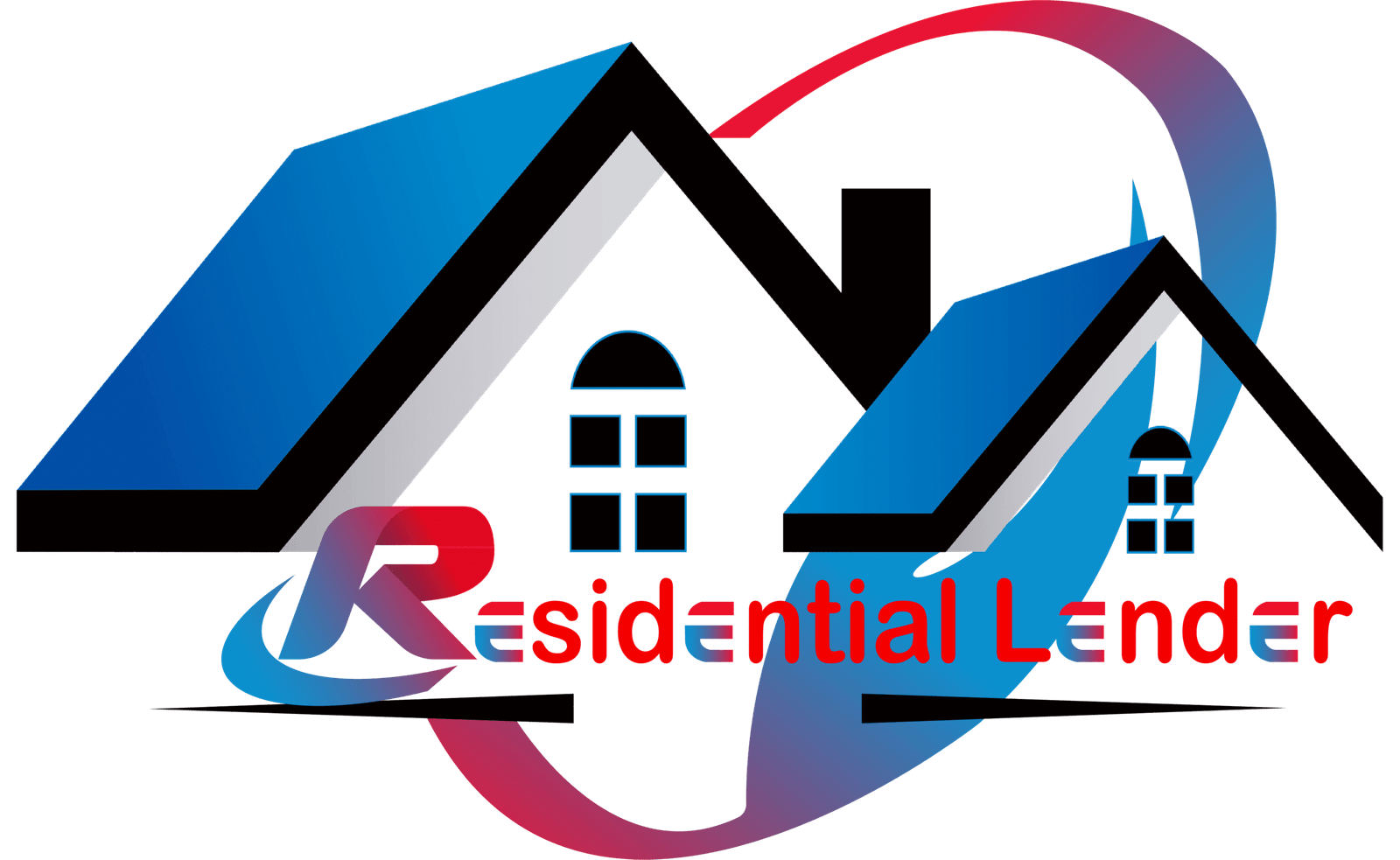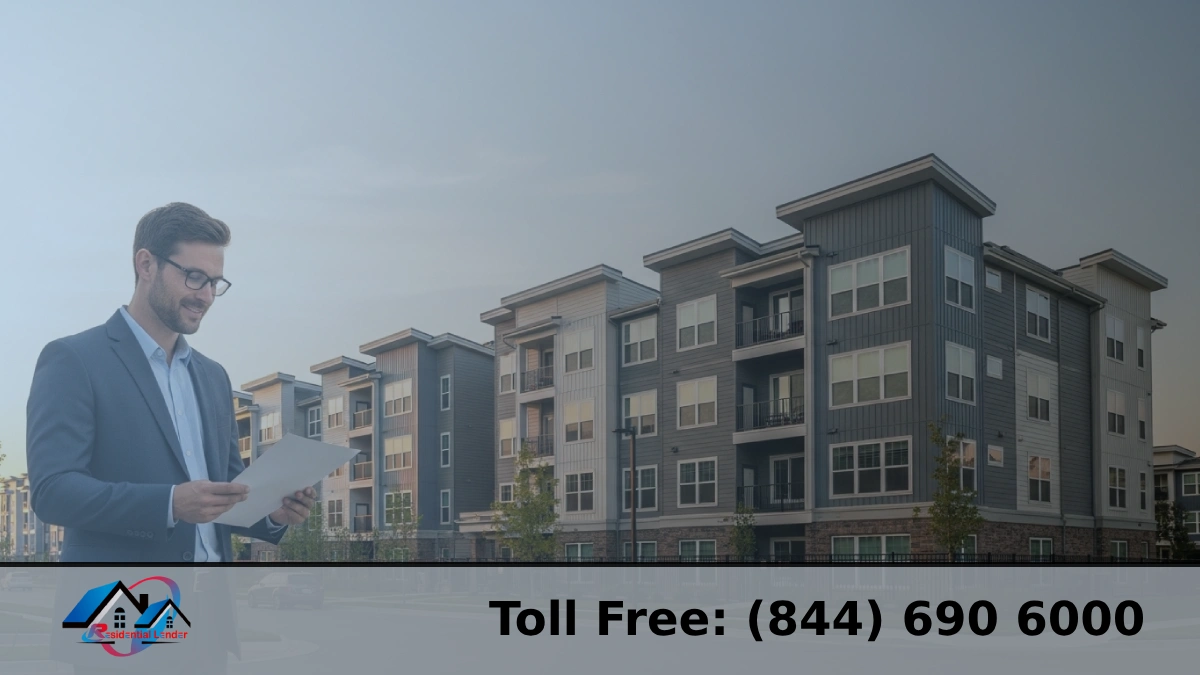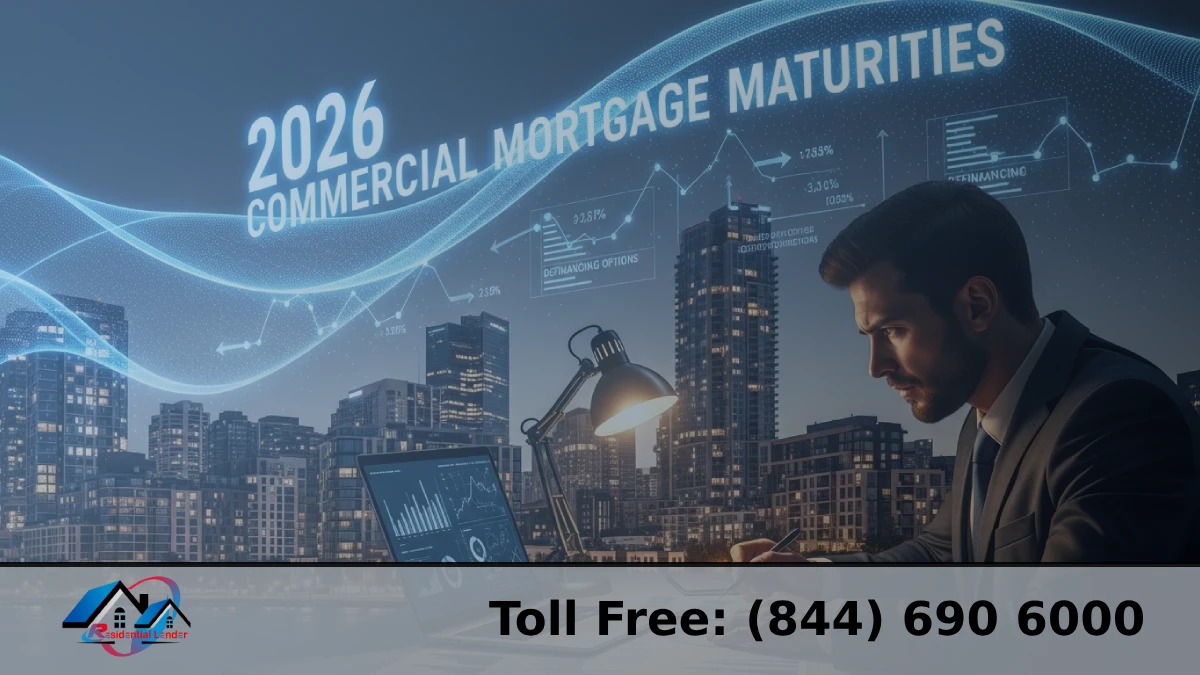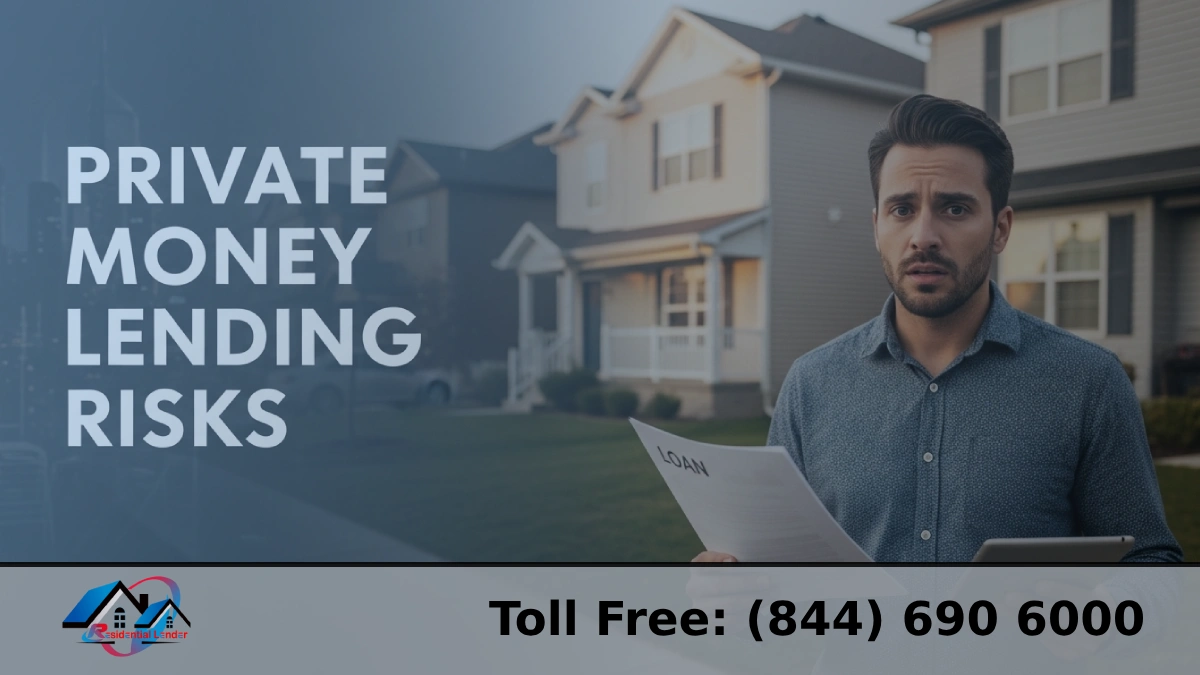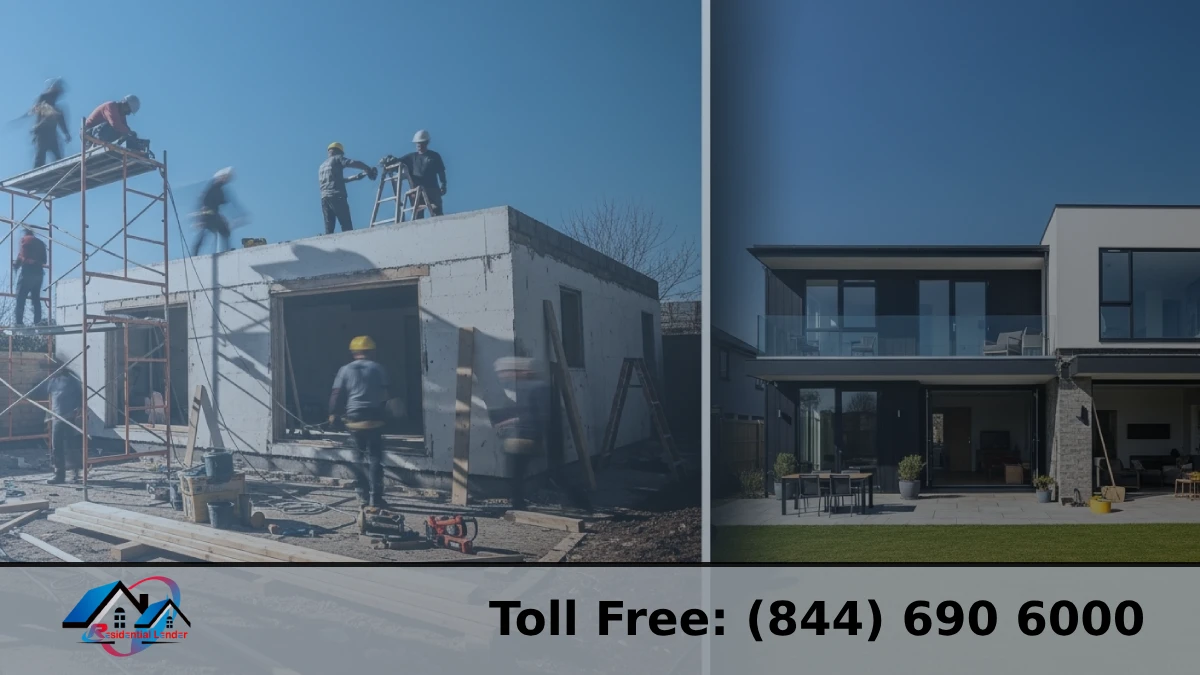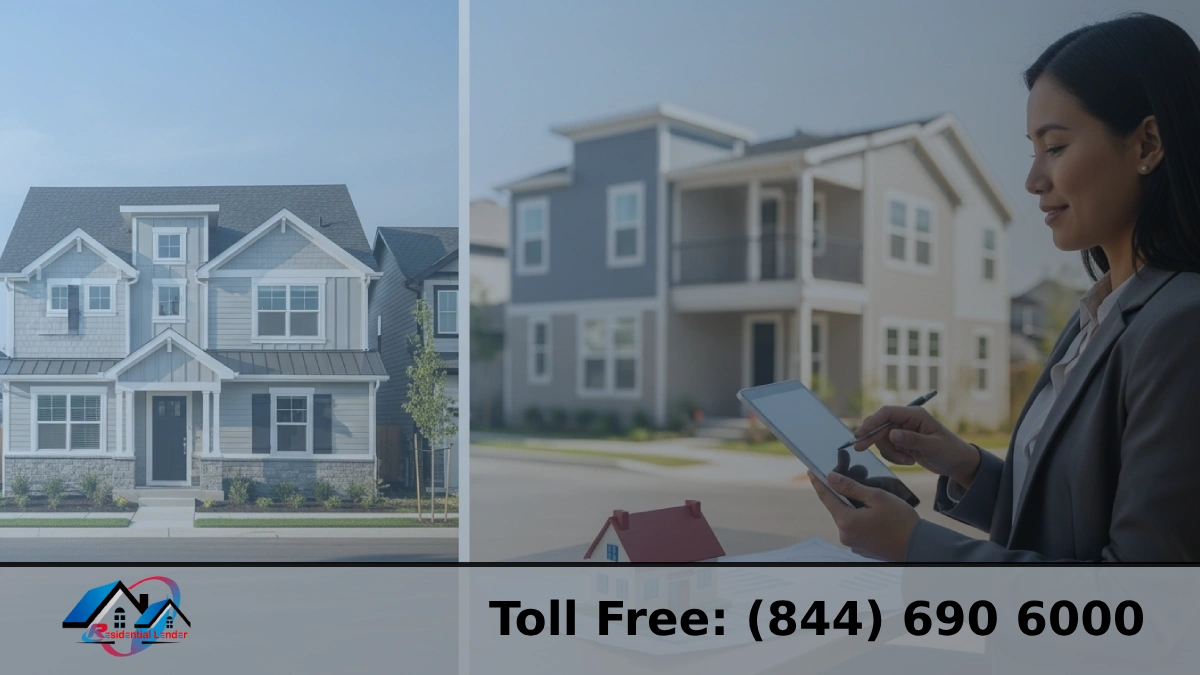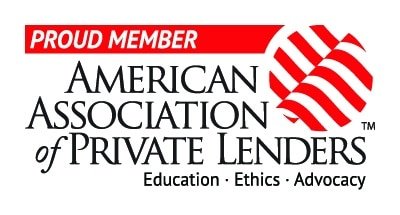Starting a real estate investment journey can feel like a guessing game, especially when you’re watching the numbers. Is the window closing? Are the current investment property mortgage rates just too high to make a deal work? This pervasive pain point—the fear of being priced out by high interest—causes many potential investors to sit on the sidelines, losing valuable time and equity potential.
We’re here to cut through the noise. At ResidentialLender.Net, we’ve got 30 years of underwriting expertise, and we specialize in making rental and income-generating properties work, no matter the market. We believe the most significant risk is inaction, not the rate itself. Consider this: according to the Mortgage Bankers Association (MBA), total single-family mortgage originations are expected to increase 7.6 percent to $2.2 trillion in 2026, indicating that serious investors and homeowners are moving forward.
We will break down what you need to know about the current average investment property mortgage rates, where they are headed, and the special loan options that can still make your 2026 investment dreams a reality. We focus on strategic lending that turns today’s rates into long-term cash flow.
What are the Current Mortgage Rates Investment Property Lenders are Really Offering?
Suppose you’re hunting for a solid investment. In that case, you need to understand that the mortgage rate landscape for rental properties is fundamentally different from that of a primary home.
Primary vs. Investment: Understanding the Rate Difference
Investment property loans are not the same as a primary home mortgage. Why? Lenders view investment properties as significantly riskier because, in times of financial hardship, a borrower is far more likely to default on a rental property mortgage than on a mortgage for their primary residence. This elevated risk is reflected in the interest rate you’ll be offered.
Expect the current mortgage rate for investment property to be approximately 0.5% to 1.5% higher than owner-occupied loans. This difference is known as a Loan-Level Price Adjustment (LLPA). The specific rate will vary widely based on your qualifications and the market.
For perspective, here’s a simplified comparison of what you might see today. Note that the primary residence rates are based on the current national averages for a qualified borrower:
| Loan Type (740+ FICO) | Primary Residence Rate (Example) | Investment Property Mortgage Rates Current (Range) |
| 30-Year Fixed | 6.25% | 6.75% – 7.50% |
| 15-Year Fixed | 5.60% | 6.10% – 6.85% |
For a $300,000 loan, a one-percent difference in rate could mean paying thousands of dollars more in interest per year, making strategic lending critical to your cash flow.
Key Factors Driving the Current Mortgage Rates on Investment Property
The rate you’re ultimately offered is a customized calculation based on your profile and the specific asset. By optimizing these factors, you can dramatically improve your loan terms.
- Your Credit Score (The Big One): Your FICO score is the lender’s first line of defense in assessing risk. A higher score (740+) means a lower rate, as you’re deemed a more reliable borrower. We have specialized options for lower scores, but you should expect a significant bump in your current mortgage rate on investment property if your score is below 680.
- Down Payment Size: This is the equity you have in the property from day one, and it directly reduces the lender’s risk. Conventional investment property loans generally require a minimum down payment of 15% for single-unit properties and 25% for multi-unit properties, according to agencies like Fannie Mae. A larger down payment, often 25% or more, will help you secure the lowest possible interest rate.
- Property Type: Rates are priced according to risk. For example, a loan for a single-family rental is typically different—and often lower—than current mortgage rates for a multi-family investment property (2-4 units). Commercial property and other niche assets also have their own separate rate structures.
- Loan Type: The chosen financing type is paramount. Conventional term loans (like the 30-year fixed) offer stability. However, specialized products like bridge loans and hard money loans (which we offer!) are short-term, asset-based, and have different—usually higher—rate structures because they finance faster-moving, higher-risk projects like property flips.
Unlock Your Deal: Beyond Conventional Loans with ResidentialLender.Net
The current investment property mortgage rates might look tough—if you’re only looking at the conventional options. This pervasive pain of high benchmark rates often stops promising deals in their tracks. But that’s precisely where our 30 years of expertise and deep network come in. We specialize in finding the right loan—not just the standard one—transforming a high-rate hurdle into a strategic financing move.
Specialized Loans to Beat the Rate Crunch
Don’t let high rates kill your cash flow. Because ResidentialLender.Net operates as a correspondent lender with an extensive network, we give you access to exclusive, creative financing products that conventional banks simply don’t offer. This is the “how” and “why” experienced investors get deals done regardless of the market cycle.
DSCR Loans: The Investor Favorite
The Debt Service Coverage Ratio (DSCR) loan is a game-changer for serious investors. Unlike conventional mortgages, which scrutinize your personal income via tax returns, DSCR loans focus solely on the property’s ability to generate cash flow.
- How it Works: The loan is approved if the property’s Net Operating Income (NOI) covers its mortgage payments (Principal, Interest, Taxes, and Insurance—PITI). A DSCR ratio of 1.25 or higher is typically seen as strong.
- Why It’s Key: This is ideal for investors with complex financials, self-employed individuals, or those concerned about how a high current interest rate on an investment property mortgage affects their personal debt-to-income (DTI) ratio. It allows you to scale your portfolio without providing a W-2 income for every single asset.
Hard Money & Bridge Loans: Essential for Speed and Value
While the initial rate on a hard money or bridge loan is higher than that of a conventional loan—often starting in the high single digits or low double digits—their value lies in their speed and short-term nature.
- Use Case: These loans are perfect for fix-and-flip projects, purchasing distressed assets at auction, or closing a deal in under two weeks when a seller demands a fast close.
- The Strategy: The short-term nature (typically 12–24 months) means you pay that higher rate only briefly. The strategy is to close quickly, force appreciation through renovation or stabilization, and then refinance later into a lower, long-term mortgage rate for investment property. This approach leverages speed to secure better property value.
Lite-Doc & No-Doc Loans: Financing Complex Fortfolios
For experienced investors with substantial assets but complex tax returns or non-traditional income streams (like those generated through an LLC), our specialized Lite-Doc and No-Doc loans provide a critical path to financing.
- Our Expertise: While these loans are less common due to stricter regulations, our deep underwriting expertise allows us to structure these deals. They offer a streamlined documentation path compared to the onerous requirements for conforming loans, allowing you to bypass the bottleneck despite current mortgage interest rates for investment property.
Our Network Advantage: Exclusive Referral Programs
Our competitive edge is the Power of 1000+—our association with over 1,000 private lenders, investors, brokers, and realtors nationwide. This network grants you access to funding sources and programs that are entirely invisible to the general public.
The Referral Program Hook
For experienced or new brokers and realtors, partnering with us means you can offer your clients exclusive financing that bypasses the high-rate frustration, leading to more closed deals and a higher commission split for you. We provide non-exclusive options as well, making us a vital resource for your real estate transactions.
Local Deal Flow
While national current mortgage interest rates for investment property are widely reported, local markets often vary. For example, through our network in major US markets like Dallas, Miami, and Phoenix, we can usually find specific, non-bank deals that undercut the national average by leveraging local fund partnerships. We integrate strategy into our lending to find you the best capital in your target market.
Ready to Stop Waiting? Get a Personalized Current Investment Property Mortgage Rates Estimate
Waiting for the “perfect” interest rate is the most expensive mistake an investor can make. The truth is, while the national financial environment is volatile, savvy investors focus on preparedness, not prediction.
The 2026 Forecast: Positioning for Success
The key to success in 2026 isn’t a specific rate number—it’s being prepared with pre-approval. The moment a genuinely great deal appears on the market (or a favorable rate drop occurs), you need to be able to act decisively. Historically, the Federal Reserve’s decisions on the federal funds rate strongly influence mortgage rates, and while future rate movements are uncertain, being pre-approved allows you to immediately lock in the current investment property mortgage rates when they dip.
According to the latest data from the U.S. Census Bureau, the rental vacancy rate remains low, indicating strong demand that continues to support the underlying value of investment real estate, regardless of short-term rate fluctuations. This means the time to act is when the deal is right, and your financing is ready.
Here is your actionable advice to secure the best possible rate today:
- Improve Your FICO: Aim for a credit score of 740 or higher to qualify for the lender’s top-tier pricing, which can shave half a point or more off your rate.
- Increase Cash Reserves: Lenders feel safer with more liquidity. Showing substantial cash reserves (usually enough to cover six months of PITI payments) can improve your risk profile and lead to a better offer.
- Work with a Specialist: Don’t go to a standard bank that treats investment loans like primary mortgages. You need a correspondent lender like ResidentialLender.Net, which specializes in the unique underwriting requirements of investment properties.
Your Path to a Lower Current Mortgage Interest Rate for Investment Property Starts Here
Don’t lose money waiting on the perfect rate. The profit is made when you buy right. By getting your pre-approval now, you gain an immediate competitive advantage over hesitant buyers. You will know precisely which current 30-year mortgage rates for investment property you qualify for, based on your unique profile and the property type.
We are experts in fix-and-flip, fix-and-hold, DSCR, and more. Our 30-year underwriting history means we know how to structure a deal that cash flows, even amid current market volatility.
Ready to calculate your real potential?
Click here to start your custom, no-obligation rate estimate and pre-approval process today.
Stop Guessing. Start Investing
We have decoded the complex world of current investment property mortgage rates, showing you that the standard, high rate is not the final word. The path to profitable real estate investment, even in a volatile market, lies in specialized financing. We detailed how loans like the DSCR—which focuses on the property’s cash flow—and Hard Money/Bridge Loans—which leverage speed for short-term profit—can bypass the high-interest-rate roadblock.
As a table and correspondent lender with three decades of expertise and a network of 1,000+ funding sources, ResidentialLender.Net is uniquely positioned to serve your residential investment needs. We don’t just process applications; we underwrite strategy, ensuring your deal cash-flows effectively.
Don’t wait for a rate drop that may never come. Stop guessing and start investing. The market rewards action.
Contact us today for a free, no-obligation consultation on your next investment property financing strategy.
FAQ
Q: Are current mortgage rates for refinance investment property typically lower than for a purchase?
A: Generally, no. A cash-out refinance on an investment property is often viewed by lenders as slightly riskier than a purchase loan, especially if you are taking out equity, which increases the loan-to-value (LTV) ratio. For a straight rate-and-term refinance, the rates are usually comparable to those for a purchase. However, both will still be higher than those for a primary residence mortgage due to the inherent risk of an investment property. Always compare your options for the best possible investment property refinance rates.
Q: What is the minimum credit score for current mortgage rates for single-unit investment properties?
A: For conforming loans backed by Fannie Mae or Freddie Mac, the minimum credit score for a single-unit investment property is typically 680 FICO. However, to secure the absolute best pricing and the lowest current mortgage rates for single-unit investment property, aim for a 740 or higher. Specialized products like DSCR or Hard Money loans may allow for slightly lower scores. Still, you must be prepared for a corresponding increase in interest rates.
Q: How does a DSCR loan compare to the current 15-year mortgage rates for investment property?
A: A DSCR loan prioritizes the property’s rental income (cash flow) over your personal income, offering a significant flexibility benefit. However, because DSCR is a non-conventional loan, the interest rate will typically be 1% to 2% higher than a highly qualified conventional loan, including the current 15-year mortgage rates for investment property. The 15-year traditional loan offers a lower rate and faster equity build-up. Still, the DSCR loan is the superior choice for scaling an investment portfolio without the hurdles of personal income verification.
Q: Can I use an FHA loan for a multifamily investment property?
A: You can only use an FHA loan for a multifamily property (up to four units) if you plan to occupy one of the units as your primary residence for at least one year. FHA loans are government-insured products designed for owner-occupants, offering lower down payments (as low as 3.5%) and less stringent credit requirements. You cannot use it solely as a non-owner-occupied investment property; the remaining units can be rented for income, a popular strategy called “house hacking.”
Q: In the current rate environment, is it better to buy now or wait for rates to drop?
A: For the strategic investor, it is almost always better to buy now and refinance later (the “date the rate, marry the house” strategy). Waiting means you lose out on potential property appreciation and two years of equity building. Should rates drop in the future, you can easily refinance your loan to a lower rate. If you wait, you face increased competition and likely higher property prices when everyone else returns to the market, potentially negating any rate savings.
